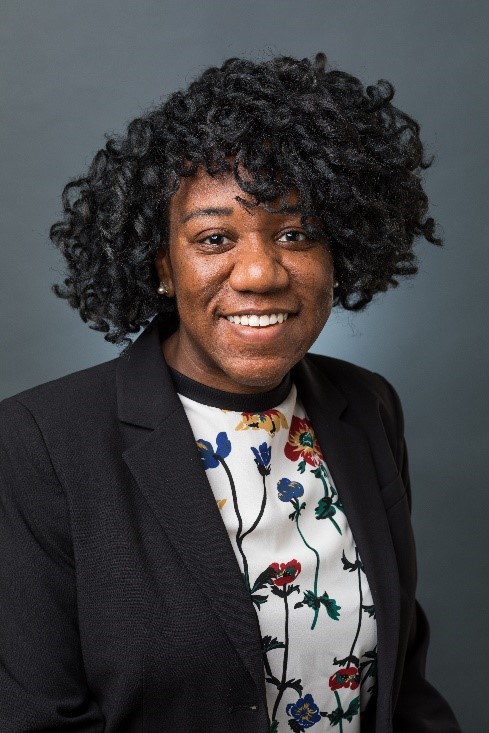Title: Practical Solutions to Incorporate Equity, Diversity, Inclusion + Indigeneity (EDII) into the Classroom, Lab and the Department
Time and Date: Thursday, December 1, 2022 at 2 p.m.
Location: CHBE 202 (2360 East Mall)
Abstract
Since Summer 2020 when the world witnessed the acute series of anti-Black murders, academic institutions across the U.S. and beyond have renewed efforts to address underrepresentation of racially, ethnically, socioeconomically, gender and sexual orientation diversity among students, staff and faculty; and, to change or increase practices to retain and support these personnel. Engineering departments in particular have been met with increasing demand from students to engage with anti-X racism and discrimination embedded within engineering practices and education in their various capacities (e.g., as researchers, students). This talk will highlight new strategies that the University of Washington and other departments have employed to meet student demands and improve their climate, culture and diversity, which includes examples of how to blend EDII into course curriculum.
Biography

Professor Jessica Ray (she/her) is the Robert and Irene Sylvester assistant professor in the Department of Civil & Environmental Engineering at the University of Washington. Ray received her B.S. degree in Chemical Engineering from Washington University in St. Louis in 2009. Upon graduation, Ray remained at Washington University in St. Louis to obtain a M.S. degree (2010, funded by the NSF GK-12 Graduate Research Fellowship) and a Ph.D. in Energy, Environmental & Chemical Engineering (2015, funded by the EPA Students to Achieve Results (STAR) Fellowship). During her Ph.D., Ray employed surface chemistry techniques to investigate interfacial reactions of nanomaterials in water. Ray then moved to California as a Miller Institute Postdoctoral Research Fellow at the University of California, Berkeley in the Department of Civil and Environmental Engineering. As a postdoc, Ray developed low-cost polymer-clay composites to treat urban stormwater. At the University of Washington, Ray is continuing to develop and characterize new composite materials for selective contaminant removal in water, for enhanced degradation of persistent contaminants, and for recovery of valuable species in waste streams. In recognition of her novel, interdisciplinary research addressing urban water supply and sustainability, Chemical & Engineering News named Ray one of the “Talented 12” honorees for 2020.